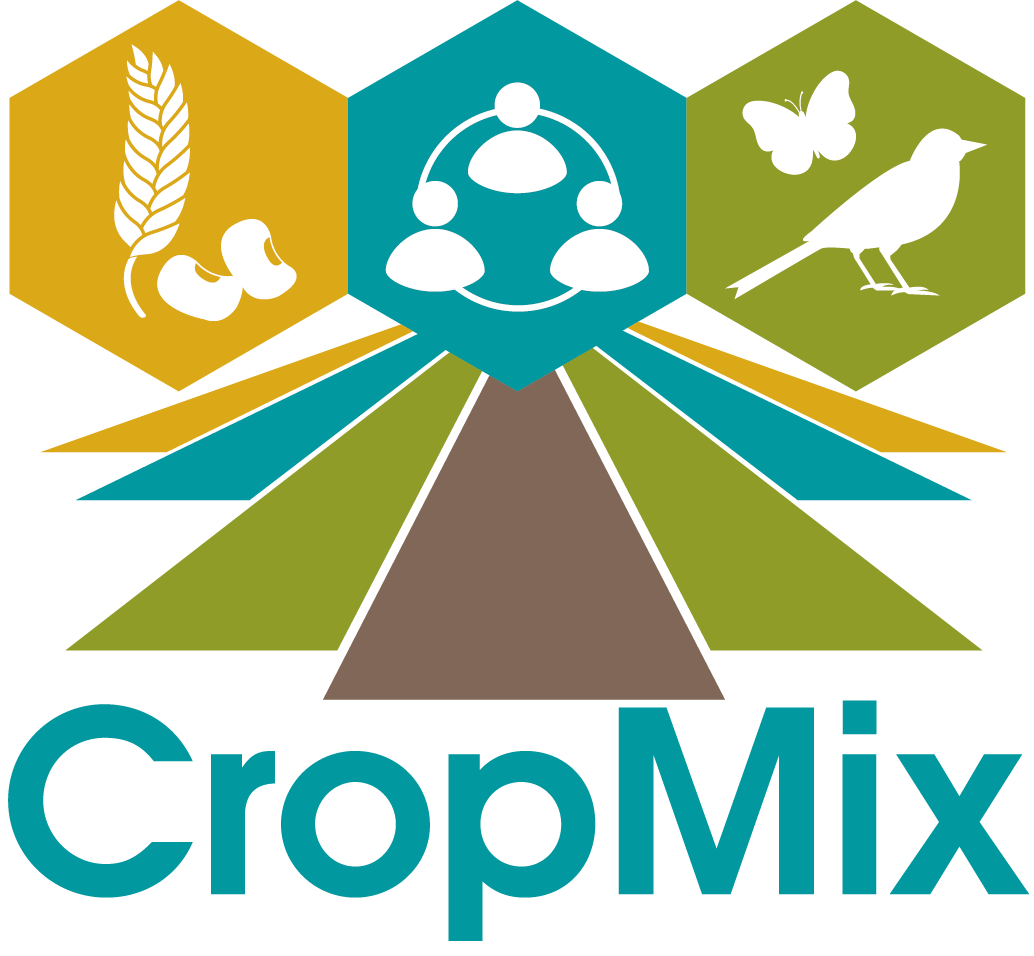Socio-economics, technology and logistics /
Adoption by farmers and economics /
Economic analysis of mixed cropping systems


Researcher
Mohsin Raza
PhD candidate
Wageningen University & Research
With a unique blend of academic experiences across Europe, China, and Pakistan, I am passionate about sustainable agriculture practices and food systems, and the economic strategies that can support these practices and systems. My research interests center on assessing the economic viability of innovative agricultural practices, particularly mixed cropping systems, which align with global sustainability goals. I have been fortunate to contribute to projects on climate resilience, food security, economic resilience, and environmental sustainability, with a keen focus on how farmers can adapt to modern challenges while maintaining profitability.
Research project
Project: 2.1.1. Economic analysis of mixed cropping systems in Dutch agriculture
The European Union, including the Netherlands, faces critical challenges such as biodiversity loss, resource waste, and reliance on environmentally unfriendly inputs like pesticides, which pose risks to human health and contribute to climate change. In response, the Netherlands seeks to align with the EU's ambitious 'Farm to Fork' strategy, aiming to halve pesticide use by 2030 to mitigate these environmental impacts and improve public health.
Mixed cropping systems emerge as a potential solution, promoting biodiversity and reducing the need for synthetic pesticides by enhancing natural pest control and resource use efficiency. However, despite the environmental promise of mixed cropping, its adoption is slow due to uncertainties about its economic viability. Farmers are hesitant to shift from conventional practices without clear evidence that mixed cropping can be both sustainable and profitable. This is where my research comes in. I aim to conduct a comprehensive economic analysis of mixed cropping systems, using bio-economic modeling to simulate long-term outcomes. My work will evaluate the financial impacts of these systems. The goal is to identify strategies that can make mixed cropping economically feasible for farmers, while also contributing to broader sustainability goals. This research will not only provide actionable insights for farmers but will also inform policymakers on how to create supportive frameworks that encourage the adoption of these sustainable practices.
Related projects
- Farmers' willingness to adopt mixed cropping > Chiara Boeri
Results and news
News and results will be presented here.
Researchers involved
- Prof. dr.ir. Alfons Oude Lansink
- Dr. Jaap Sok
Related research
More research from work package 2
Our work packages
This work package focuses on above-ground and below-ground interactions. We look at the interactions between plants, crops, insects and other species living in the field and the differences between strip cropping and monocultures.
Work package 2 looks at the economic feasibility of investments for farmers to switch to more crop-diverse systems, such as strip farming, and what factors influence their willingness to engage in ecologically sound farming.
We want to identify different transition pathways applicable to different situations. Think of farmers with wide strips and long value chains, but also farmers with narrow strips marketing in a short chain. Or perhaps very different cropping systems that use crop diversity, such as agroforestry. We also look at what consumers and other stakeholders think and their role in the transition to more sustainable agriculture.


